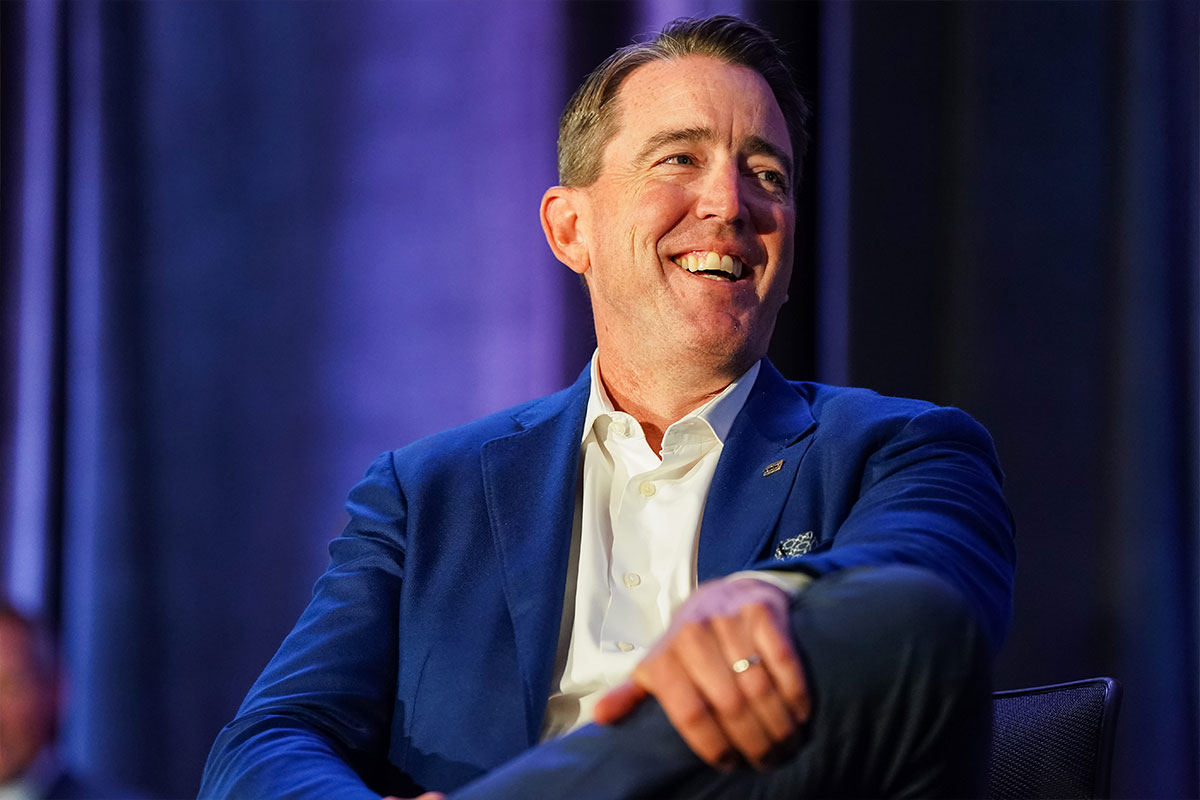The One Big Beautiful Bill Act (OBBBA) was signed into law by President Donald Trump on July 4, 2025. Its provisions related to higher education may have a noticeable impact on some colleges and universities going forward. Some of the more important provisions of OBBBA are summarized below.
1. Increased excise tax on endowment income
Currently, net investment income for colleges whose endowments are equal to or greater than $500,000 per full-time equivalent (FTE) student is taxed at 1.4%. This rate does not apply to public colleges or private colleges with 500 or fewer students.
Under OBBBA, colleges whose endowments are:
- Between $500,000 and $750,000 per FTE will remain at the 1.4% tax rate
- Between $750,000 and $2 million per FTE will be taxed at 4.0%
- Greater than $2 million per FTE will be taxed at 8.0%
Public colleges, and private colleges with 3,000 or fewer students, will be exempt from this excise tax.
2. Limitations on federal student loans for graduate and professional students
OBBBA eliminated federal direct PLUS loans for graduate and professional students.
It also limited the amount of federal student loans available for graduate and professional students in the following ways:
- For graduate students: OBBBA set annual limits on federal student loans at $20,500, with an aggregate limit of $100,000.
- For professional students: OBBBA set annual limits on federal student loans at $50,000, with an aggregate limit of $200,000.
3. Accountability for increased earnings of graduates
Colleges will become ineligible to participate in federal student loan programs for undergraduate, graduate or professional degrees for which the median earnings of the graduating students who received those loans are less than the median earnings of a “working adult” (definition noted below) in at least two of the prior three years, as determined four years post-graduation.
The definition of “working adult” someone who:
- Is aged 25 to 34
- Is not enrolled in an institution of higher education
- In the case of educational programs that award a baccalaureate or lesser degree, such a determination will assume the adult has only a high school diploma or equivalent; in the case of educational programs that award a graduate or professional program, such a determination will assume the adult has only a baccalaureate degree.
OBBBA provides that median earnings information for “working adults” for bachelor’s degree programs will be obtained from census data for the state in which the institution is located, or for the entire U.S. if fewer than 50% of the students enrolled in the institution reside in the state where the institution is located.
For graduate or professional programs, earnings information for “working adults” will be the lowest median earnings of:
- A working adult in the state in which the institution is located
- A working adult in the same field of study in the state in which the institution is located
- A working adult in the same field of study in the entire U.S.
If fewer than 50% of the students enrolled in the institution reside in the state where the institution is located, the lower median earnings of the below will be used:
- A working adult in the entire U.S.
- A working adult in the same field of study in the entire U.S.
Of particular note is that the determination only compares program graduates with working adults and does not include students who do not complete the program.
Impact on colleges and universities will vary
The impact on colleges and universities from the provisions of OBBBA will vary depending upon the size of the institution, whether it is public or private, and the extent to which it offers graduate or professional degree programs. However, all will be impacted to some extent, and the process for tracking and reporting earnings of their graduates up to four years following graduation will undoubtedly create challenges for some institutions.
Learn more about how UMB Bank, n.a. Public Finance can support your organization’s financing and capital needs, or contact us to be connected with a public finance specialist.
Disclosure
This communication is provided for informational purposes only. UMB Bank, n.a. and UMB Financial Corporation are not liable for any errors, omissions, or misstatements. This is not an offer or solicitation for the purchase or sale of any financial instrument, nor a solicitation to participate in any trading strategy, nor an official confirmation of any transaction. The information is believed to be reliable, but we do not warrant its completeness or accuracy. Past performance is no indication of future results. The numbers cited are for illustrative purposes only. UMB Financial Corporation, its affiliates, and its employees are not in the business of providing tax or legal advice. Any materials or tax‐related statements are not intended or written to be used, and cannot be used or relied upon, by any such taxpayer for the purpose of avoiding tax penalties. Any such taxpayer should seek advice based on the taxpayer’s particular circumstances from an independent tax advisor. The opinions expressed herein are those of the author and do not necessarily represent the opinions of UMB Bank or UMB Financial Corporation.
Products, Services and Securities offered through UMB Bank, n.a. Capital Markets Division are: NOT FDIC INSURED | MAY LOSE VALUE | NOT BANK GUARANTEED





